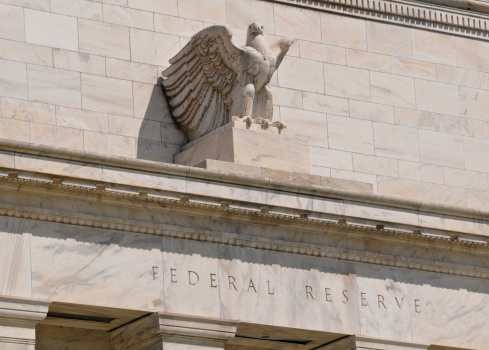Banking, finance, and taxes
Atlanta Fed President Speaks on Fed's Decision to Hold Off
Published:
Last Updated:

He explained that recent uncertainty in the financial markets fueled by volatility represented a modest risk, but the Main Street economy was his essential concern. Overall the U.S. economy is considered to have a solid performance.
In his speech, he said:
I want to stress a basic point. Financial market swings per se are not my central concern. The broad Main Street economy is my essential concern. Market volatility can be a symptom of more fundamental ills. And market volatility, if protracted, can be a channel for damping forces on economic activity. It’s too early to detect any significant impact on the real economy, to know whether any or all of the factors I cited will evolve into a significant headwind. For that reason, I thought it prudent to wait to evaluate whether recent developments change the outlook. I supported the Committee’s decision last week to hold off, and the altered risk picture relative to the economic outlook was decisive in my thinking.
The FOMC set out two principal decision criteria for a fed funds rate liftoff: “further improvement in labor markets” and achievement of “reasonable confidence” that inflation will rise to the targeted rate of 2 percent in the medium term.
The labor markets have improved, according to Lockhart, but inflation has yet to achieve the FOMC’s target. Janet Yellen, Fed Chairwoman, also cited the unemployment-inflation relationship when she announced that FOMC decision last Thursday.
Lockhart noted in his speech:
The Committee issued a statement just after the meeting ended Thursday. The statement described a domestic economy that is expanding at a moderate pace and making steady progress by most measures. The statement mentioned that underutilization of labor resources is declining. At the same time, the statement noted that inflation continues to run below our longer-run objective of 2 percent. Importantly, the statement acknowledged recent economic developments abroad and recent volatility in financial markets. It pointed out the possibility—but not certainty—that these developments could spill over to have some effect on the trajectory of our domestic economy, including realized inflation.
At this point Lockhart is ready for the first policy move on the path to a more normal interest-rate environment and is confident that the phrase “later this year” is still operative. He anticipates a gradual pace of rate increases.
Start by taking a quick retirement quiz from SmartAsset that will match you with up to 3 financial advisors that serve your area and beyond in 5 minutes, or less.
Each advisor has been vetted by SmartAsset and is held to a fiduciary standard to act in your best interests.
Here’s how it works:
1. Answer SmartAsset advisor match quiz
2. Review your pre-screened matches at your leisure. Check out the advisors’ profiles.
3. Speak with advisors at no cost to you. Have an introductory call on the phone or introduction in person and choose whom to work with in the future
Thank you for reading! Have some feedback for us?
Contact the 24/7 Wall St. editorial team.